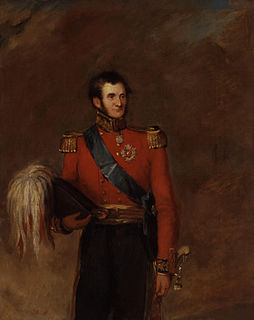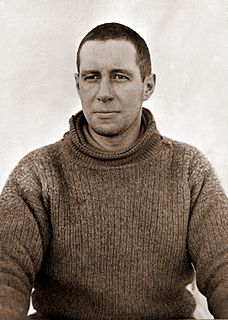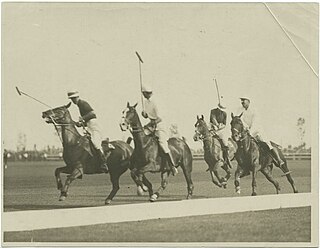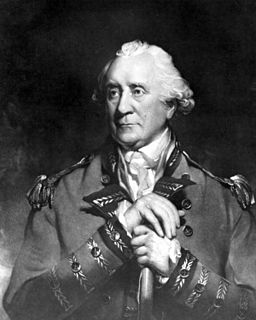 W
WJohn Arbuthnott, 9th Viscount of Arbuthnott, DL, JP was a Scottish peer and soldier.
 W
WLieutenant General Sir Charles James Briggs, was a British Army officer who held high command in World War I.
 W
WHenry Thomas Pelham, 3rd Earl of Chichester DL, styled Lord Pelham until 1826, was an English nobleman.
 W
WJames Cholmondeley was a British Army officer and Member of Parliament between 1731 and 1747.
 W
WSir Albert Cunningham was the first Colonel of a regiment of dragoons which evolved to become the 6th (Inniskilling) Dragoons.
 W
WJohn Spencer Dunville, was a British Army officer and an English recipient of the Victoria Cross, the highest award for gallantry in the face of the enemy that can be awarded to British and Commonwealth forces.
 W
WLieutenant-General Sir Frederick Wellington John Fitzwygram, 4th Baronet was a British Army cavalry officer, expert on horses and Conservative politician.
 W
WColonel James Gardiner was a Scottish soldier who fought in the British Army, including during the 1745 Jacobite rising, in which he was killed at the Battle of Prestonpans.
 W
WColonel Robert Rickart Hepburn of Keith was Member of Parliament for Kincardineshire 1768–1774.
 W
WGeneral Sir James Vaughan Jackson, GCB, KH was an Irish officer in the British Army.
 W
WJames Johnston was a general in the British Army.
 W
WGeneral Sir Edward Kerrison, 1st Baronet, was a British Army officer and politician.
 W
WMajor-General John Gaspard Le Marchant was one of the finest British cavalry commanders of his generation; he was also an intellectual soldier who had a great influence on the efficient functioning of the army he served in. He was instrumental in the process which produced the first British military academy and staff college; and he saw active service in the French Revolutionary Wars and the Peninsular War until his death at the Battle of Salamanca.
 W
WGeneral Sir William Lumley, was a British Army officer and courtier during the late eighteenth and early nineteenth centuries. The son of the Earl of Scarborough, Lumley enjoyed a rapid rise through the ranks aided by a reputation for bravery and professionalism established on campaign in Ireland, Egypt, South Africa, South America, Italy, Portugal and Spain. Following his retirement from the army due to ill health in 1811, Lumley served as Governor of Bermuda and later gained a position as a courtier to the Royal Household. Lumley is especially noted for his actions at the Battle of Antrim where he saved the lives of several magistrates and was seriously wounded fighting hand-to-hand with United Irish rebels in the Irish Rebellion of 1798.
 W
WJoseph Malone VC was an English recipient of the Victoria Cross, the highest and most prestigious award for gallantry in the face of the enemy that can be awarded to British and Commonwealth forces.
 W
WGeneral Sir Ashton Gerard Oswald Mosley Mayne GCB CBE DSO was a senior British Indian Army officer active in both the First World War and Second World War, where he commanded Eastern Command, India.
 W
WSurgeon General Sir James Mouat was an English recipient of the Victoria Cross, the highest and most prestigious award for gallantry in the face of the enemy that can be awarded to British and Commonwealth forces.
 W
WSir Joseph Muter was a British Army officer who fought in the Peninsular War and led the Inniskilling Dragoons at the Battle of Waterloo on 18 June 1815. In 1816, following the inheritance of the Kirkside estate from his aunt, Miss Straton, he changed his name to Joseph Straton.
 W
WCaptain Lawrence Edward Grace "Titus" Oates was a British army officer, and later an Antarctic explorer, who died during the Terra Nova Expedition when he walked from his tent into a blizzard. His death is seen as an act of self-sacrifice when, aware that the gangrene and frostbite from which he was suffering was compromising his three companions' chances of survival, he chose certain death for himself in order to relieve them of the burden of caring for him.
 W
WGeneral George Augustus Herbert, 11th Earl of Pembroke and 8th Earl of Montgomery KG PC was an English peer, army officer, and politician.
 W
WLieutenant General Sir Michael Frederic Rimington, was a British Army officer who commanded cavalry forces in the Second Boer War and First World War. After early service with the 6th (Inniskilling) Dragoons, "Mike" Rimington was given command of an irregular cavalry force in South Africa, known as "Rimington's Guides". He commanded them for a year before taking command of his regular regiment, and later a cavalry brigade. In 1914, with the outbreak of the First World War, he commanded the 1st Indian Cavalry Division and then the Indian Cavalry Corps on the Western Front, before retiring to home-service duties in 1916. He had one son, Reginald, who followed his father into the 6th Dragoons; he rose to command an armoured brigade in 1941, and was killed in North Africa.
 W
WLieutenant-Colonel Ralph Gerald Ritson was a member of the Inniskilling Dragoons and a champion polo player with a ten-goal handicap.
 W
WGeneral John Leslie, 10th Earl of Rothes KT was a senior British Army officer who became Commander-in-Chief of the Royal Irish Army between 1758 and 1767.
 W
WField Marshal John Dalrymple, 2nd Earl of Stair was a Scottish soldier and diplomat. He served in the Nine Years' War and the War of the Spanish Succession and, after a period as British Ambassador in Paris, became a military commander at the Battle of Dettingen during the War of the Austrian Succession.
 W
WPatrick Tonyn (1725–1804) was a British General who served as the last British governor of East Florida, from 1774 to 1783. His governorship lasted the span of the American Revolution. East Florida was a Loyalist colony during the war.
 W
WCharles Wooden VC was a German-born soldier in the British Army and a recipient of the Victoria Cross, the highest award for gallantry in the face of the enemy that can be awarded to British and Commonwealth forces.